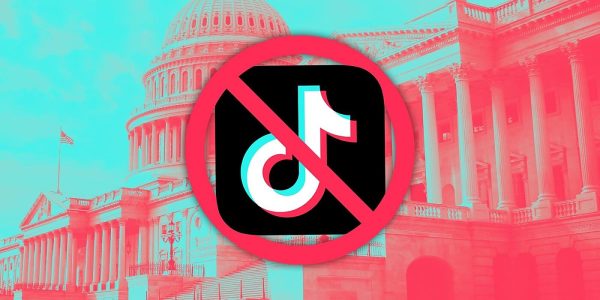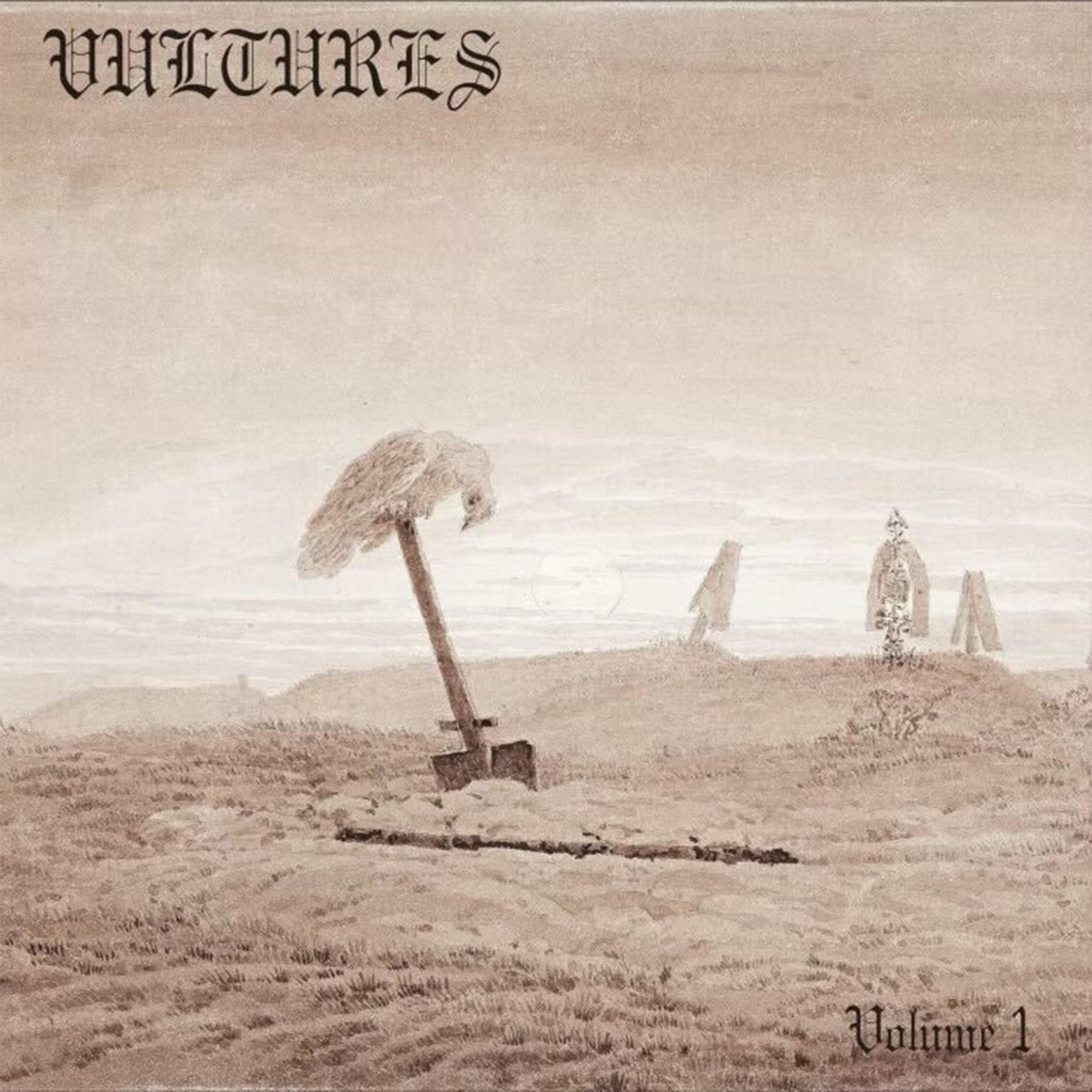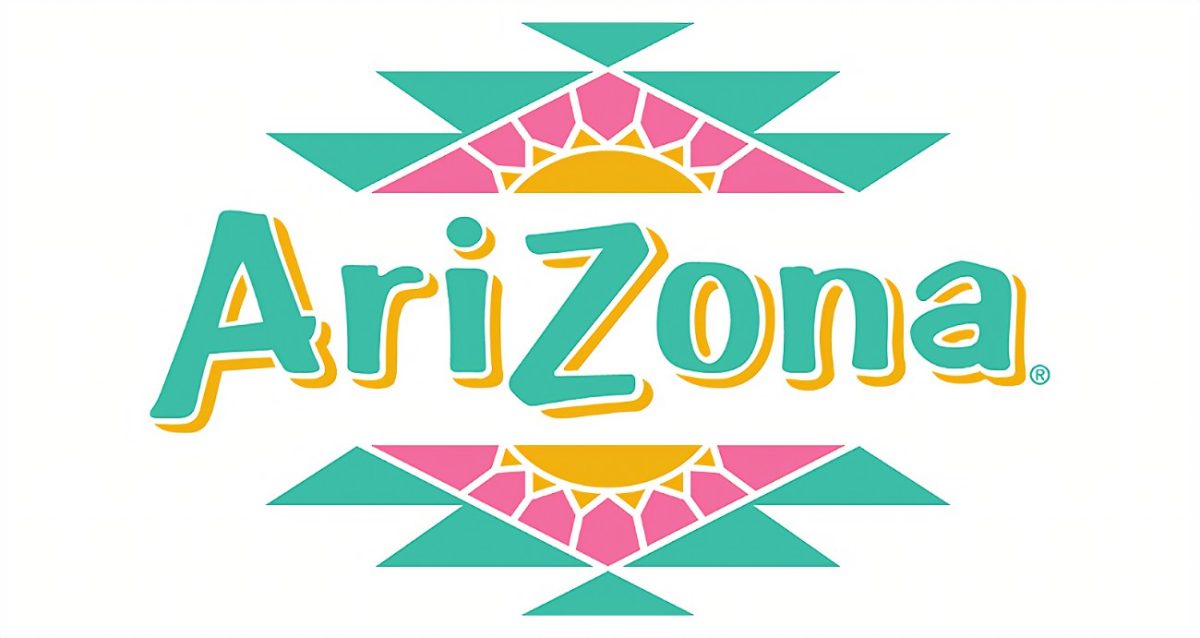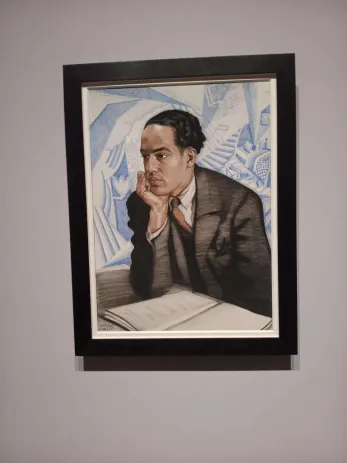TikTok is one of the most used social media platforms around the world. More specifically, it is the world’s 6th most-used social media platform. Still, the U.S. House of Representatives recently pushed a bill calling for ByteDance to divert from the company or be removed from the U.S. app stores. This is because many House legislators believe and argue that the app can allow the Chinese government to access user data and influence Americans/users through TikTok’s addictive algorithm. President Joe Biden has said he would sign the bill if it manages to pass Congress.

congress takes one step closer tiktok ban
The U.S. wants ByteDance to divest from TikTok because U.S. legislators fear that ByteDance may be secretly controlled by the Chinese Communist Party. However, the company has denied the allegations that it shares sensitive user data with the Chinese government. Unfortunately, Chinese regulators have a history of cracking down on domestic tech firms; Beijing is well known for censoring politically sensitive content and restricting users from accessing Western social media and sites with its firewall.
There are also concerns about the app’s safety, such as how protected the app is against any attacks. These concerns do have merit because the Israeli Information Security Company Check Point published a report naming security weaknesses discovered in the app that allow attackers to carry out various activities in the user’s account, such as adding or deleting videos, changing privacy settings, and stealing personal information entered by the user when registering with the app. Furthermore, the Wall Street Journal published an investigation claiming that TikTok collected the Individual Media Access Control addresses of app users on Google Android Phones while evading security mechanisms in the operating system and violating Google’s policy.
The final issue addressed in this article is the claims regarding censorship and removal of anti-Chinese content and the possibility that the Chinese government/ByteDance could control the content the users will see and consume. To back this up, two fellow students of the journalism team, Michael Flores Santos and David Ramlogan, were interviewed to give us their experiences when having used/still using TikTok. When asked how TikTok affected their daily lives, Michael responded that TikTok would take up most of his free time and even got him close to developing procrastination habits; on the other hand, David replied that TikTok allowed him to learn about current events around the world, and also for entertainment purposes.
The next question these two were asked was if they felt their account may have been breached (as if someone else was also using it). Michael says that he hasn’t felt like that has happened to him but does remember when he was conversing with his family members. Then TikTok would randomly recommend videos related to the topic of their last conversation on his for you page. David, however, has had an experience where three random people, none he knows, have tried to message him on TikTok within three hours in a single day.
The final question asked was whether they had been recommended videos utterly different from their usual content on their for you page. Michael responded that he could discuss the most random topics with his family. Tiktok would start recommending videos such as breastfeeding and African tribe dance videos that were completely different from what he would usually have on his for you page. David responded that he had because his for your page is mainly about video games, but now and then, he would randomly get videos about religion.






























